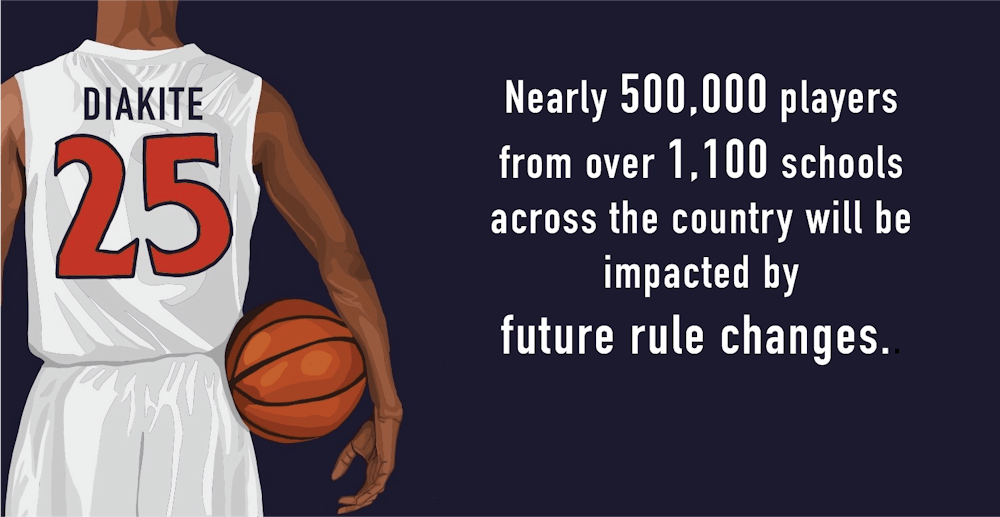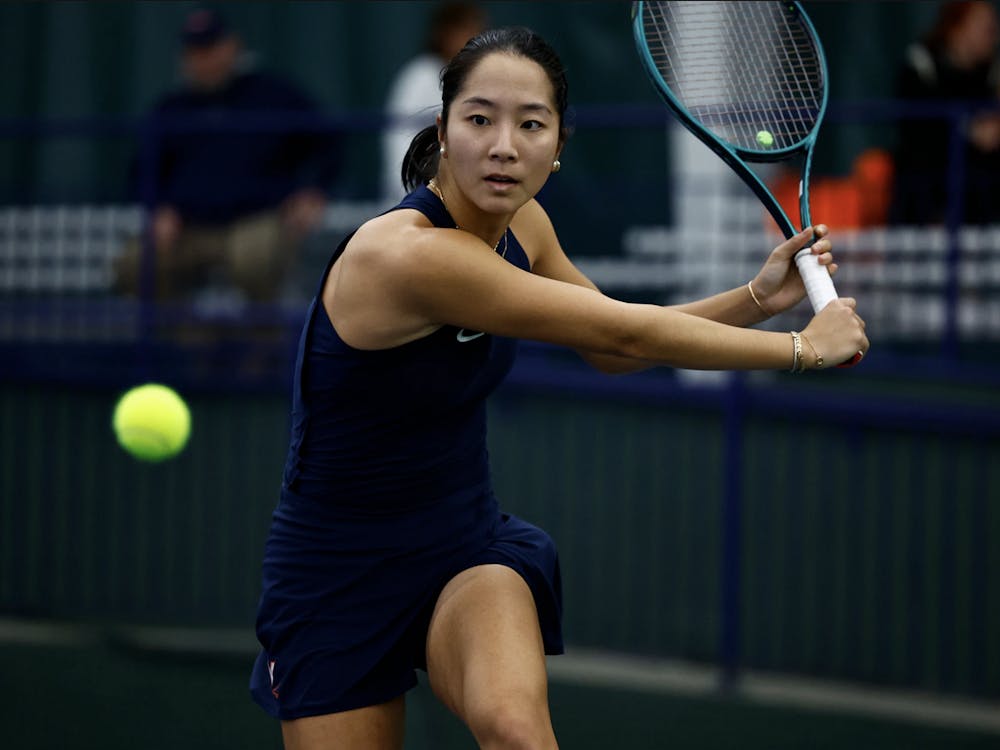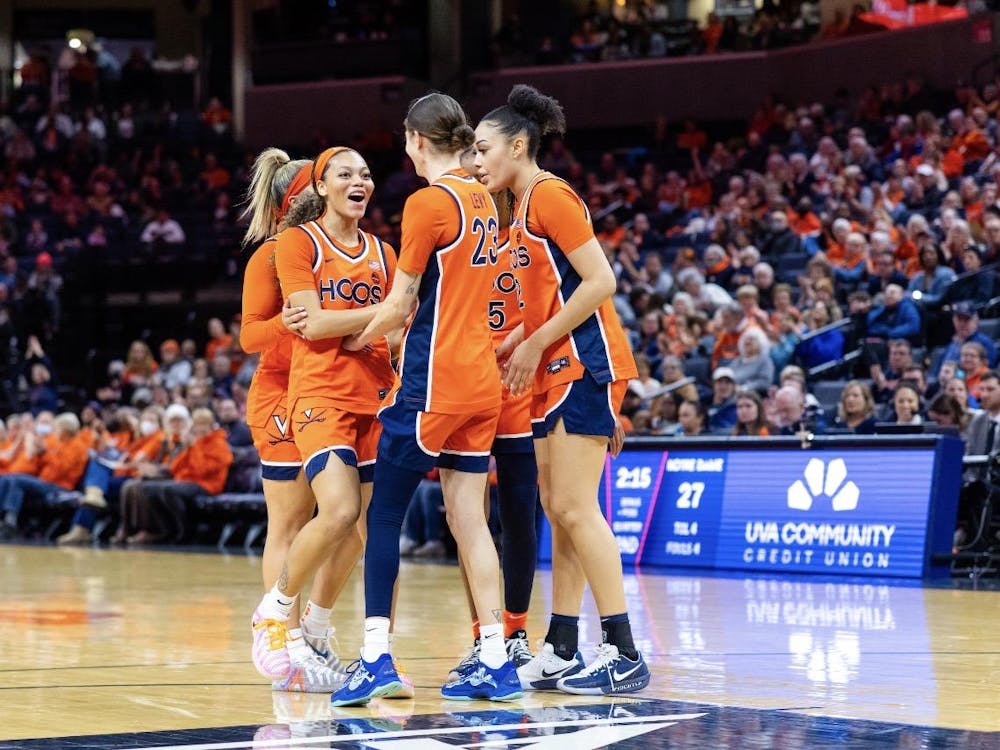The world of collegiate athletics was rocked a few months ago when California Governor Gavin Newsom signed into law SB-206, the Fair Pay-to-Play Act — a bill that permits student-athletes to earn compensation for the usage of their name, image or likeness, as well as hire agents. Virginia will follow soon thanks to a recent vote by the NCAA Board of Governors, which started the process to enhance these opportunities across all NCAA divisions.
Before the California bill was passed, the NCAA sent a letter warning Governor Newsom that SB-206 was, in its opinion, “harmful” and “unconstitutional.” The organization also asserted that, because the bill would give California schools an unfair recruiting advantage, it would have no choice but to ban California student-athletes from participating in NCAA-sponsored competitions.
“This bill would remove that essential element of fairness and equal treatment that forms the bedrock of college sports,” the letter read. “Student-athletes are students first, and they should not be employees of the university.”
Despite its unpopularity with members of the NCAA then, the Fair Pay-to-Play Act generated support from many, including Vermont Senator Bernie Sanders, entrepreneur Andrew Yang and professional basketball player LeBron James.
Following the bill’s passage Sept. 27, the NCAA released an additional statement.
“This new law already is creating confusion for current and future student-athletes, coaches, administrators and campuses, and not just in California,” the statement read. “A patchwork of different laws from different states will make unattainable the goal of providing a fair and level playing field for 1,100 campuses and nearly half a million student-athletes nationwide.”
In a complete reversal of these sentiments just a month later, however, the NCAA Board of Governors voted unanimously to permit student-athletes to earn compensation from the usage of their name, image and likeness.
“This modernization for the future is a natural extension of the numerous steps NCAA members have taken in recent years to improve support for student-athletes, including full cost of attendance and guaranteed scholarships,” said Michael Drake, chair of the NCAA Board of Governors and president of Ohio State University.
The new change will allow student-athletes to enter brand endorsement deals, advertise products and receive compensation when their name is printed on the back of a jersey.
The NCAA’s State Legislation Working Group is working to create new rules regarding this change beginning immediately, but no later than January 2021.
Despite the NCAA’s decision, legislators in New York, Florida, Illinois — and recently, Virginia — have produced similar bills addressing the issue. The Virginia bill, introduced during the 2020 session by Delegate Marcus Simon, is notably similar to California’s. It allows student-athletes to profit off the usage of their name, image and likeness, and while it was left in the House Appropriations Committee, Simon said in an email statement to The Cavalier Daily that he would introduce it again, if necessary.
Simon also acknowledged that while student-athletes often do receive full-ride scholarships, they often face other costs as well. In addition, Simon cited the incoming competition that schools in Virginia will face following the passage of the Fair Pay-to-Play Act in California, which goes into effect in 2023.
“Without this kind of legislation, Virginia schools stand to not only lose native talent to other states, but also miss out on opportunities to attract out-of-state talent to our top-tier schools like U.Va.,” Simon said. “It's vitally important we continue this discussion to ensure Virginia's student-athletes are given their fair share and so that our schools can remain competitive.”
According to Lucas Powe, professor of government at UT Austin’s School of Law, this change was “inevitable” following the passage of the California law, and the NCAA’s initial opposition to this change stems from the fact that it has been able to profit off the amateurism of student-athletes.
“The NCAA has been the most successful cartel in modern America,” Powe said. “It wants to keep the profits all to itself and to the coaches and to treat the players as if they're just property of the university.”
Notably, both the NCAA’s change and Simon’s bill are very different from compensating all student-athletes just for playing — only those who stand to make a profit off of their name, image or likeness will. According to Powe, this is partially related to athletic ability.
“If I'm a star quarterback, people are going to want to use my likeness,” Powe said. “If I’m the third string quarterback nobody's gonna give a damn, so it is partially compensation for the athletic ability on the field. There's no doubt about that.”
Despite the success of the California bill, Virginia student-athletes remain unable to engage in brand endorsement deals or advertising products under existing rules. This means that senior quarterback Bryce Perkins and senior forward Mamadi Diakite — who have over 12,300 and 27,200 followers on Instagram, respectively — are unable to monetize their followers. However, as soon as these student-athletes move into the professional arena, they can do so, as former guard Kyle Guy did during his first NBA season this year, when he made brand deals with companies such as Home Stadiums, Vipr app, Indigo Sleep and Gravity Blankets.
Director of Athletics Carla Williams addressed this change at a recent Board of Visitors meeting, where she noted several concerns, including the ability of student-athletes to manage their already busy schedules and how student brand deals could affect existing sponsorships for the University’s athletic department. Additionally, Williams said that she was worried about what effect this change will have regarding Title IX.
“How does this impact our effort to provide equitable opportunities for women in sports in higher education?” Williams said at the meeting. “There are some definite conversations about how this could negatively impact our efforts in Title IX.”
She said that these concerns stem from the existing increased attention given to men’s sports in comparison to women’s sports, which could result in more opportunities for male student-athletes than female student-athletes.
Williams also said that since 13 different different states have adopted legislation pertaining to this issue just this year, the NCAA has had to deal with lots of chaos as these varied laws go into effect. She also noted that the NCAA has been in talks with members of Congress regarding a federal solution, which is one of several preferred outcomes.
Regardless of what rules the NCAA implements to address these concerns, one thing is certain — things are going to change for student athletes across the country, whether they’re ready or not.







